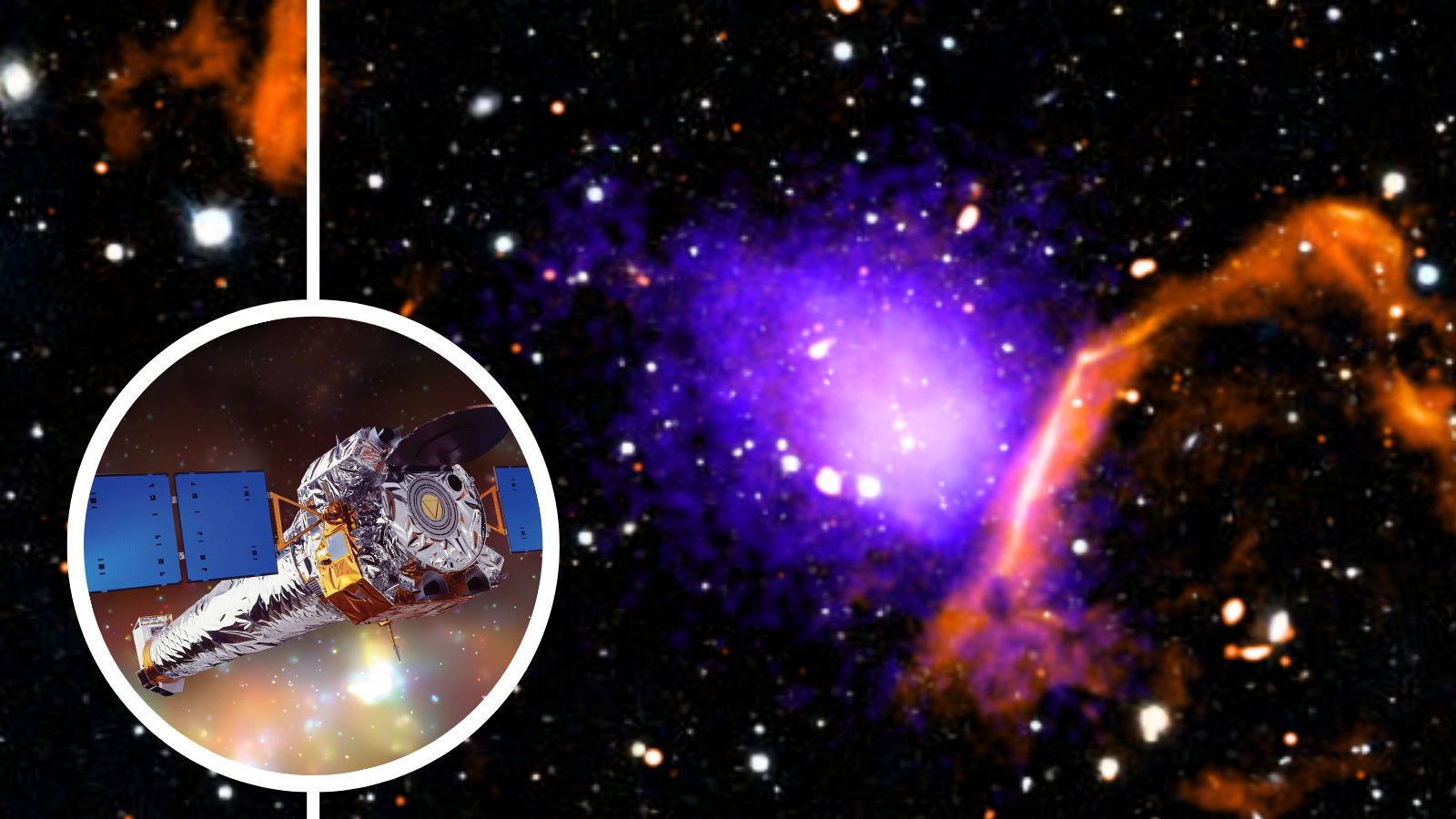Huge galaxy cluster is wrapped in a cocoon 20 million light-years wide, NASA space telescope finds

The Roman Space Telescope leverages Einstein's century-old theory to explore dark matter, while a giant telescope mirror gets cleaned for clearer cosmic views. New research on 30 stellar nurseries reveals insights into how baby planets form, advancing our understanding of the universe.

All major sources, one page
Feel the mood behind headlines
Know what’s trending, globally
Get summaries. Save time
9,705
141
211
22 minutes ago
Get instant summaries, explore trending stories, and dive deeper into the headlines — all in one sleek, noise-free mobile experience.
Stay sharp in 60 seconds. Get concise summaries of today’s biggest stories — markets, tech, sports, and more
All major sources, one page
Feel the mood behind headlines
Know what’s trending, globally
Get summaries. Save time
9,705
141
211
22 minutes ago
Get instant summaries, explore trending stories, and dive deeper into the headlines — all in one sleek, noise-free mobile experience.
Stay sharp in 60 seconds. Get concise summaries of today’s biggest stories — markets, tech, sports, and more